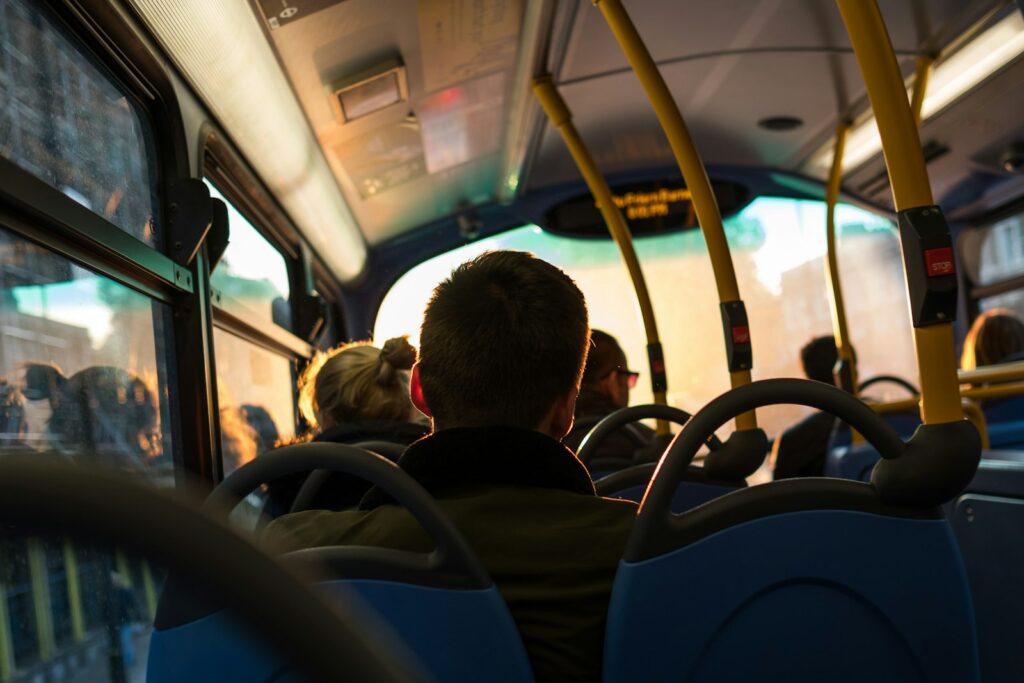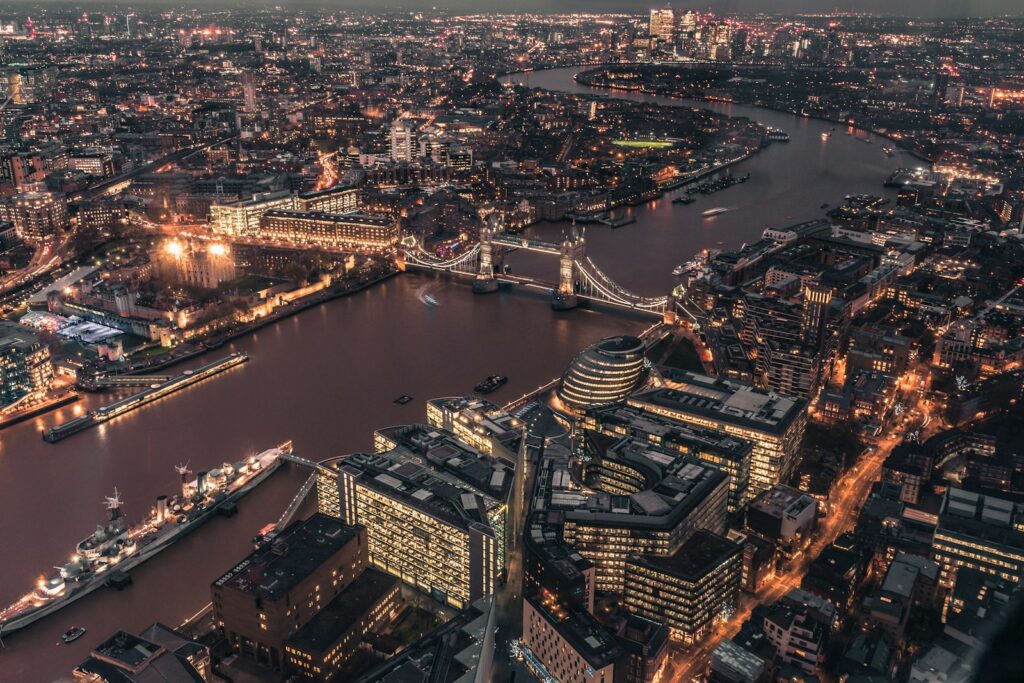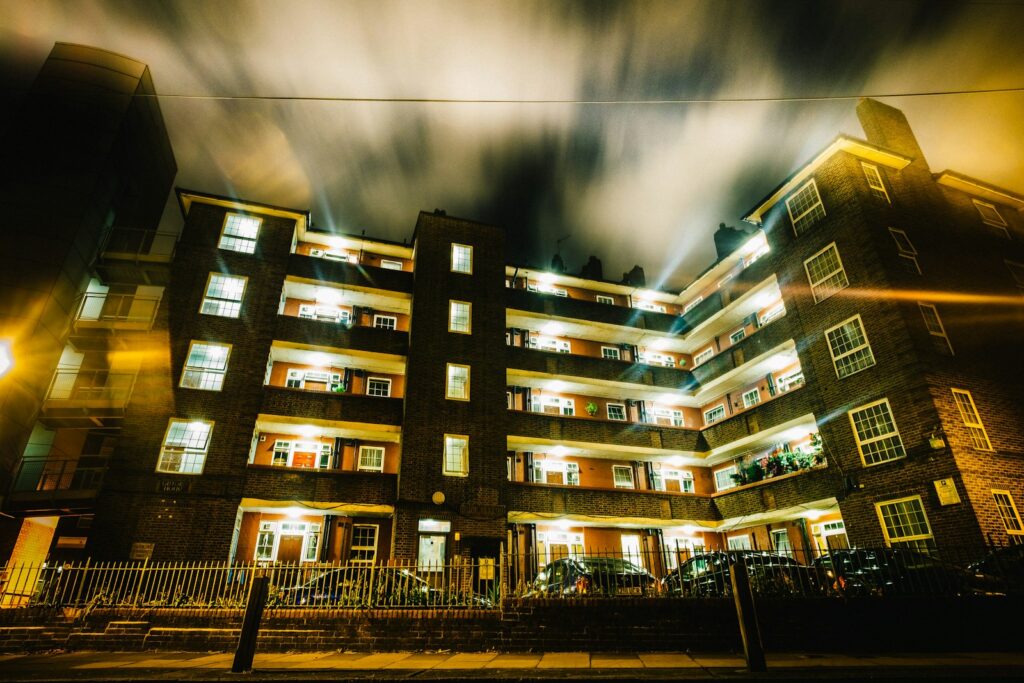Peter Taylor was elected as Mayor of Watford in May 2018, representing the Lib Dems.
He spoke to NewStart about regeneration in Watford, how to persuade developers to include more affordable housing, and the 2016 allotments controversy.
What’s top of the agenda in Watford?
The main one for residents is to do with the high street and the extension of our shopping centre, Intu. It will bring into the town centre a cinema, bowling alley and more shops and restaurants. It’s a time when high streets are really struggling so I think it’s really important you have that leisure offer for people coming into town centres.
To coincide with Intu we’ve been doing work to improve the high street. It’s now a better environment for people visiting the town centre.
How has Watford coped with the fall of several high street chains?
We’ve been very proactive in encouraging people to the town centre. We have a range of events that we put on. This Saturday, we have a sports day which will bring in thousands of people. The council takes the lead and puts on these events and we set up a BID that’s been really successful over the past two years.
At a time when people are shopping online and using out of town shopping centres, we’ve seen ours do pretty well.
Is investing in retail risky in the current climate?
We’ve created an environment where businesses feel confident investing. The population is growing quickly and lots of families are choosing to move here. We have great transport links to London and retail businesses feel confident that there will be demand in the town centre.
What challenges do you face that are unique to Watford?
Although we have good transport links, congestion within the town is an issue. I was re-elected in May and I spoke a lot about reducing this congestion and improving infrastructure within the town.
Next year there will be a bike hire scheme introduced and there will be new bus services as well. It’s a congested town which has in the past been very reliant on car travel. As the population grows it’s not viable or tenable to have everyone travelling by car. We need to encourage alternatives.
One of your major regeneration projects is Watford Junction, which will include 3000 homes. What commitment to affordable housing is there?
The council policy is for 35% of all homes to be affordable, and we’re really robust in our discussion with developers about this. We’ve set up our own housing company called Herts Homes to deliver affordable and social housing too. Like all towns, we have a lot of pressure on our social housing register, so as a council we think it’s important to provide homes that people can afford to live in.
How do you persuade developers to increase their ‘affordability’ quota on these large projects?
We have very early discussions with developers, which will include officers as well as the leadership of the council. Sometimes those discussions are left far too late in the day. It’s about starting those discussions early and saying ‘this is our perspective, and it’s in your interests to work with us, so there’s not a lot of local opposition.’
Most developers understand and recognise there are challenges and people need more homes. Watford is only 8 sq miles and there are over 100,000 people, so there are issues with congestions and capacity.
Watford Riverwell will be built on a former power station and quarry. Do councils utilise their brownfield land enough?
With Watford being 8 sq miles, brownfield was been our first port of call, although this development hasn’t been without some controversy. It’s been about getting that balance. It will include a retirement home, social houses, and affordable homes, it’s very well connected and close to a green flag park.
There were some allotments between the Watford General Hospital and Vicarage Road football stadium, and we felt it didn’t make much sense to have the allotments there. It went through judicial review to try and prevent the use of the allotments.
That allotment has now closed and people have been reprovided elsewhere and have also been given compensation. That allotment site will be used for more space for the hospital to expand, but a lot of the allotment holders were unhappy about the loss of their allotments.
How do you ensure the residents feel part of the regeneration plans in Watford?
Watford has a very strong community spirit.
People fear a radical change for the town and that it goes from being a place with a strong community to a commuter town. We need to ensure we have a balance of affordable and social housing as well as private property, and that we work with residents so we don’t lose the things that make the town special.


















Leave a Reply